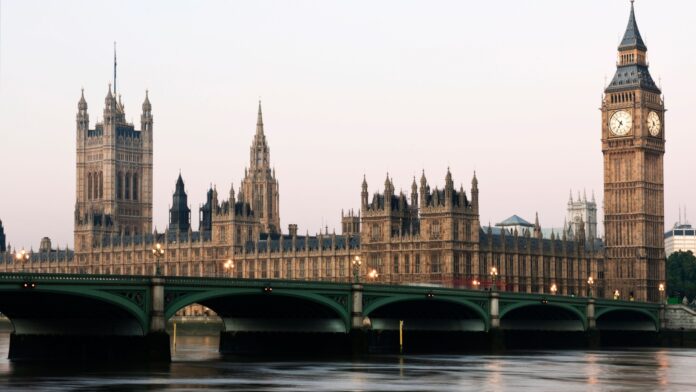The Prime Minister of the United Kingdom, Rishi Sunak, has officially announced a date for the upcoming General Election.
After facing scrutiny over his leadership for a year and a half, the PM revealed that the election will take place on Thursday, July 4, 2024.
In a statement from Downing Street, Mr. Sunak emphasized the challenges faced in recent times and the need for progress and certainty moving forward.
The surprise announcement comes as the Conservative Party lags behind Labour by 20 points in the polls, raising concerns about potential turnover after 14 years in government. Current projections indicate Leader of the Opposition, Sir Keir Starmer, on track for victory should the election proceed as planned.
For months, there were speculations about the timing of the election, with Mr. Sunak hinting at a potential October 2024 date. However, in a recent video marking his one-year anniversary in office, the PM expressed a desire for another year to continue his work.
In the event of no earlier election, the current parliament is on track to complete a full term, a rare occurrence in recent years. However, unexpected events or shifts in party dynamics can prompt snap elections, as seen in previous instances.
The ability to call for a General Election rests with the sitting Prime Minister, who can decide to trigger an election before the scheduled term. These snap elections are often strategic moves based on political positions and opportunities present at the time.
In the UK, General Elections traditionally take place every four or five years, with the Fixed-Term Parliaments Act providing stability until its repeal by Prime Minister Boris Johnson in 2022. Under the Act, specific conditions had to be met to call an election, but the return to traditional protocols restores the PM’s authority to trigger national votes.
The significance of holding elections on Thursdays, a tradition observed since 1935, is rooted in historical practices. The day was chosen to maximize voter participation, with various factors considered to minimize external influences on voting outcomes.

